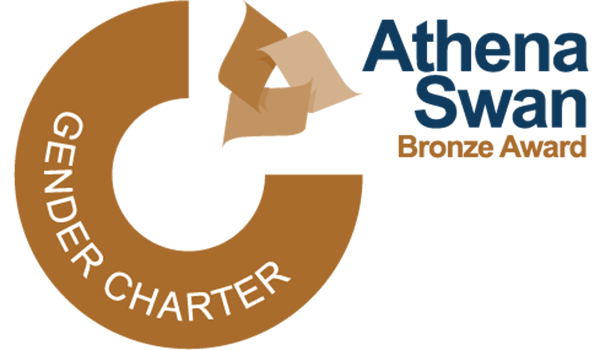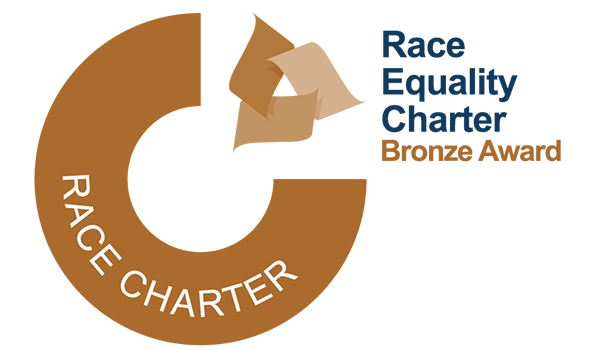Tab Content: School of Arts
This position has passed its closing date of 23 February 2025
Lancaster University's School of Arts offers a rich and strong range of arts disciplines, including Architecture, Arts Management, Creative Writing, Design, English Literature, Film, Fine Art, Media, and Theatre. These areas are underpinned by a commitment to academic excellence, innovative teaching and impactful research.
The School of Arts is ambitious and creative and engages strongly with local partners, particularly in Morecambe Bay and throughout the north west of England. We build on capacities to attract participation from academics and industry partners for significant events and projects. We are excited to play a role in defining the roles of arts in public life and discourse.
We are committed to: social justice and tackling inequalities, expanding fair and inclusive access to education, environmental and cultural sustainability, and innovation through both technology (particularly cyber and AI) and human factors and agency.
Lancaster University is ranked joint 77th in world for Arts and Humanities in the 2024 QS World University Rankings by Subject. Several disciplines within the School of Arts are in the top 10 in the Complete University Guide 2025. Media Studies and Film is ranked second, Theatre Studies fourth, Creative Writing sixth, Architecture and Art and Design are both ranked seventh.
Closing date: 23 February 2025
Head of School of Arts - more information and apply
Tab Content: School of Global Affairs
This position has passed its closing date of 04 March 2025
Lancaster University’s School of Global Affairs encompasses Global Languages and Cultures, History, International Relations, Philosophy, Politics, and Religion, offering an interdisciplinary environment for exploring global challenges and opportunities. We are committed to academic excellence, impactful research, and fostering a deeper understanding of the complex issues shaping the world today.
The School of Global Affairs is intended as a disruptive platform to host national and international debate in the north of England. We work with a wide range of partners across humanitarian and security interests. The School has a suite of new teaching programmes and disciplinary areas. The School takes arts, humanities and social sciences as lenses for understanding the challenges of the age.
We are committed to: social justice and tackling inequalities, expanding fair and inclusive access to education, environmental and cultural sustainability, and innovation through both technology (particularly cyber and AI) and human factors and agency.
Notable rankings
- 72nd for Modern Languages in QS World University Rankings by Subject 2024
Closing date: 04 March 2025
Head of School of Global Affairs - more information and apply
Tab Content: School of Law
This position has passed its closing date of 04 March 2025
Lancaster University’s School of Law offers a dynamic and supportive environment for the study of law, with a focus on academic excellence, innovative teaching, impactful research, and global connections, the School equips students with the knowledge and skills to excel in a rapidly changing legal and social landscape.
The School of Law is a friendly, diverse and ambitious place to work and study. Faculty members advise governments, serve on commissions and public bodies, and are seconded to national and international organisations, helping to shape policy and practice. We are also strongly committed to engagement with local communities and issues through our law clinic. Our research is wide-ranging, impactful and well regarded. We are excited by the challenge of redefining a legal education for the mid-twenty-first century.
We are committed to: social justice and tackling inequalities, expanding fair and inclusive access to education, environmental and cultural sustainability, and innovation through both technology (particularly cyber and AI) and human factors and agency.
Notable rankings
- 20th in UK, Guardian University Guide 2025
- 15th joint in UK, The Times and Sunday Times Good University Guide 2025
Closing date: 04 March 2025
Head of School of Law - more information and apply
Tab Content: School of Social Sciences
This position has passed its closing date of 28 February 2025
Lancaster University’s School of Social Sciences brings together Criminology, Educational Research, Linguistics and English Language, Social Work, and Sociology to create an interdisciplinary hub of academic excellence, combining innovative foundational and applied research to drive highly impactful work, policy innovation, and global engagement. Research-led teaching equips students with critical skills and knowledge to address complex social challenges and make meaningful contributions to society.
The School of Social Sciences at Lancaster brings together internationally and nationally leading disciplinary areas. More than ever, the social sciences are needed to address complex challenges. The School is research intensive and builds on academic and intellectual traditions that have defined the core of Lancaster’s mission. We are excited by the prospect of inter-disciplinary working and problem solving across disciplines and methodologies.
We are committed to: social justice and tackling inequalities, expanding fair and inclusive access to education, environmental and cultural sustainability, and innovation through both technology (particularly cyber and AI) and human factors and agency.
Several disciplines with the School are recognised for their excellence in national and global rankings. In the 2024 QS World University Rankings by Subject, Linguistics ranks 3rd globally, while Sociology holds the 83rd position. Social Work is ranked 1st in both The Times and The Sunday Times Good University Guide 2025 and The Complete University Guide 2025. Additionally, Criminology is placed 6th in the UK in The Times and Sunday Times Good University Guide 2025.
Closing date: 28 Februray 2025
Head of School of Social Sciences - more information and apply



















